Biochemistry is the study of the chemical processes that take place in all living things. Biochemists conduct research into the molecules that occur in the cells of animals, plants, and other organisms. Many common elements, such as hydrogen, nitrogen, and oxygen, are found in chemical compounds in living things. Biochemists try to determine the structures of such compounds and to establish their biological functions.
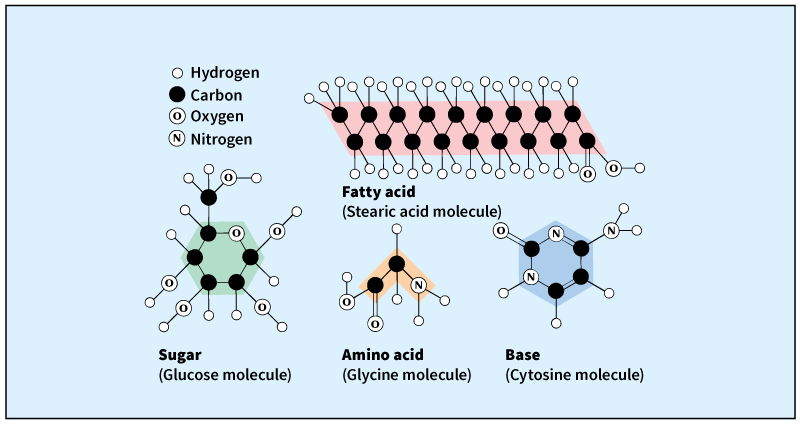
All organisms contain compounds called carbohydrates, lipids, nucleic acids, and proteins. The molecules of these compounds help form the various structures in a cell and enable it to function properly. Some inorganic substances, such as minerals and water, also play a part in a cell’s growth and maintenance.
Biochemical research
covers a variety of processes. For example, biochemists conduct studies of large protein molecules called enzymes, which speed up chemical reactions in living matter. The enzymes of the human body promote chemical changes necessary for all functions, such as digestion and muscle contraction. Biochemists identify the enzyme molecules produced by cells and investigate the mechanism by which these molecules speed up chemical reactions. See Enzyme.
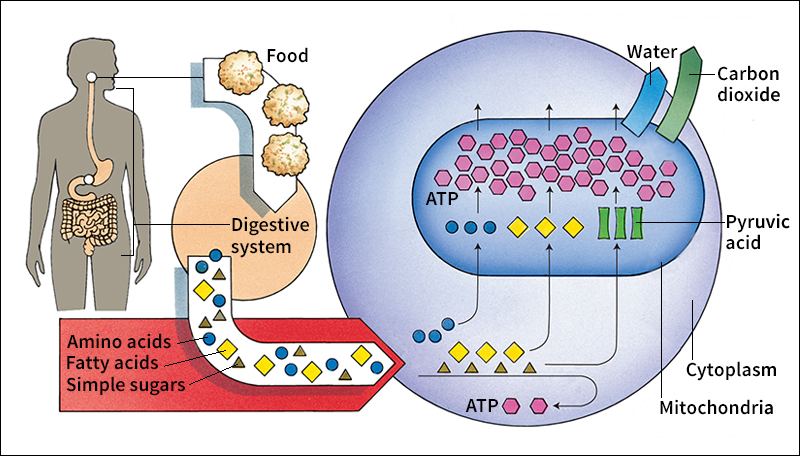
Other biochemical research involves chemical substances that help regulate metabolism, the process by which organisms use enzymes to transform food into energy and new tissue. Biochemists also study the hormones produced by various parts of an organism. Hormones are chemical substances that affect many body functions. Researchers hope to learn how these “chemical messengers” help regulate metabolism. See Metabolism; Hormone. 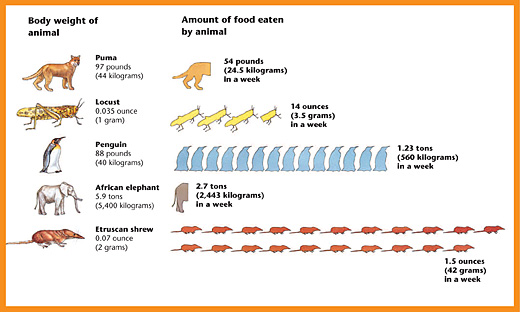
Biochemists seek to determine the precise role of a nucleic acid called DNA (deoxyribonucleic acid). Through the study of DNA, biochemistry has helped explain the molecular basis of the laws of genetics. Molecules of DNA are present in threadlike structures called chromosomes in the cell. These molecules carry hereditary data from one generation of cells to the next. Thus, organisms pass hereditary traits on to their offspring. Biochemists have used knowledge of DNA in genetic engineering to create new protein molecules and to begin to design new types of organisms. See Cell ( The genetic code); Genetic engineering; Heredity.
Other biochemical research has contributed to the understanding of photosynthesis. It has answered many questions about this complex process, in which green plants convert the radiant energy of the sun into the chemical energy of carbohydrates. See Photosynthesis; Plant (The growth of plants).
Biochemical research has broadened knowledge in many other fields of biology, including biotechnology and medicine. The knowledge of enzymes, for example, helps physicians diagnose bone and liver diseases. Biochemistry has also contributed to the discovery of a number of antibiotics. In the future, biochemistry may provide a better understanding of why cancer develops and help scientists find more effective cures.
Research in biochemistry has also benefited agriculture. Farmers and agricultural researchers have used findings of biochemical research to develop crops of high quality and yield.
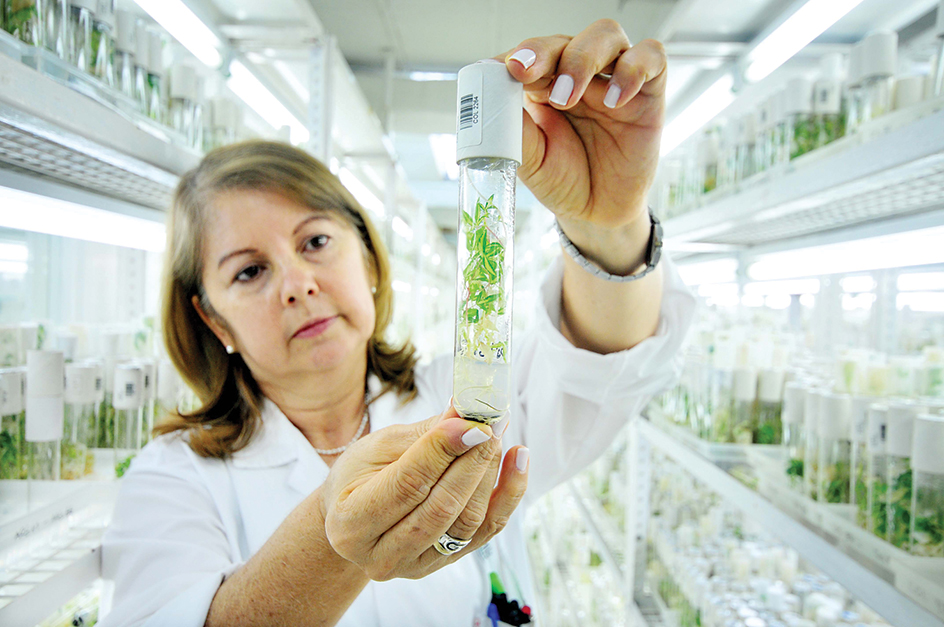
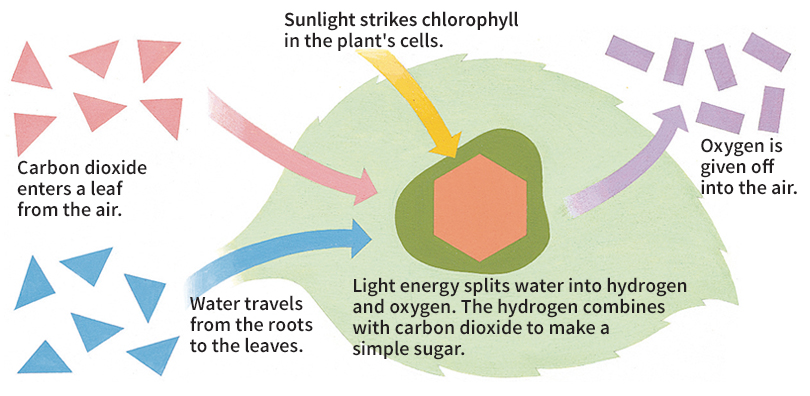
Investigative methods.
Biochemists use a variety of scientific methods in their studies. They rely heavily on a technique called chromatography to separate and identify organic compounds (see Chromatography). This method is especially useful for isolating amino acids, the compounds that make up proteins.
Electrophoresis is another method used to separate protein molecules for close study. It provides an effective way of analyzing the molecular structure of blood to detect sickle cell anemia and other genetic diseases. Electrophoresis is also used in DNA fingerprinting, a method of identifying people through analysis of their genetic material (see DNA fingerprinting).
Radioactive isotopes are often used to study the chemical reactions in organisms. Researchers “label” a molecule of a particular organic compound by substituting a radioactive isotope for one of its atoms. They trace the isotope through a chemical reaction, using devices that detect radioactivity. This technique has helped biochemists learn much about complex metabolic processes in animals and plants.
